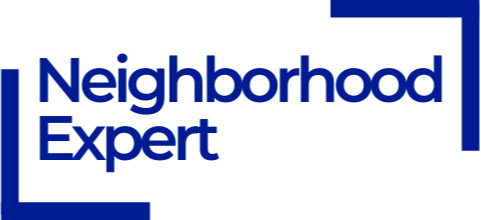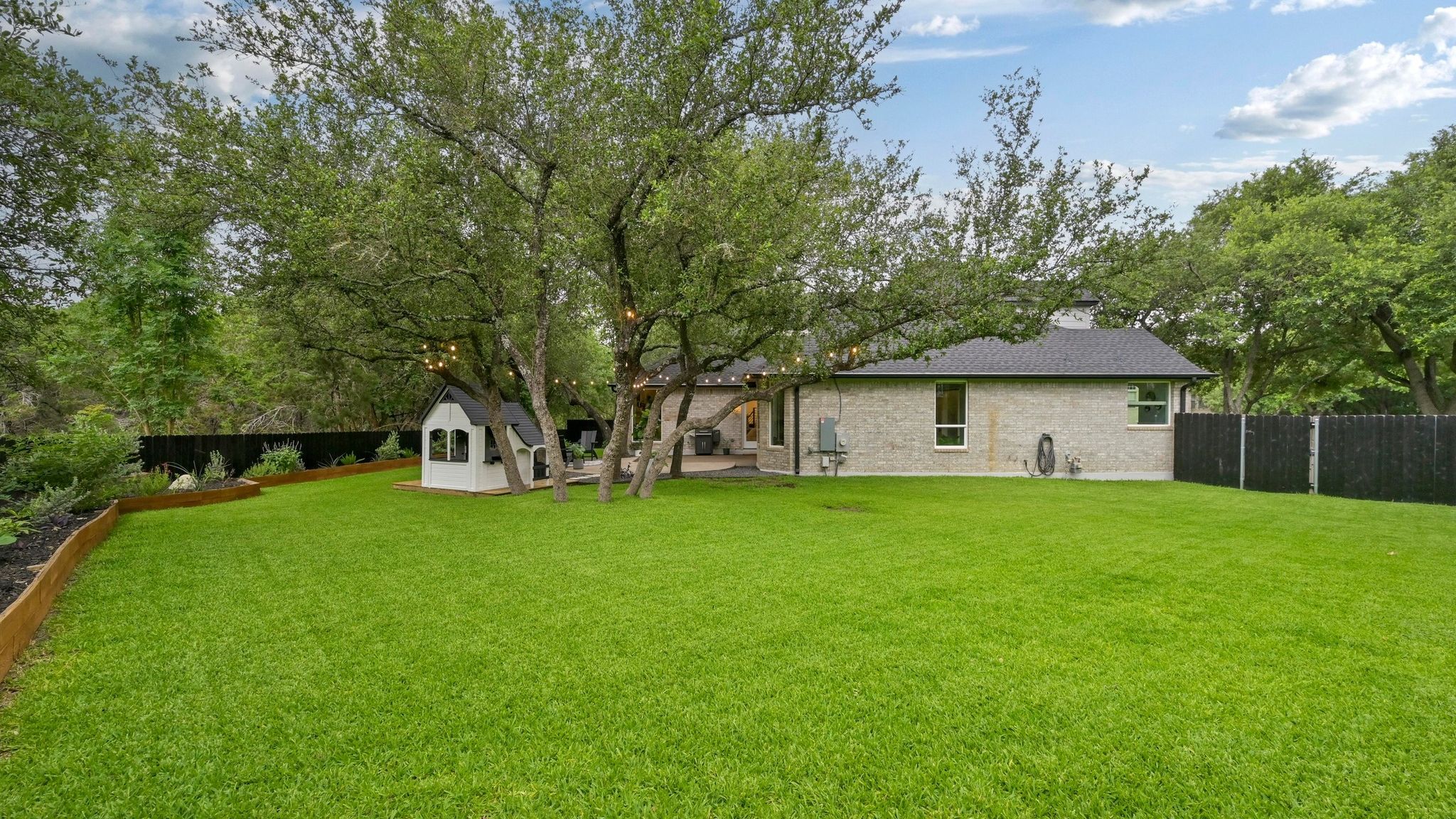How to Dominate Local Search Results with Geo-Targeted Content
Oct 28, 2025
How to Dominate Local Search Results with Geo-Targeted Content
If you want steady inbound conversations, you need to dominate local search results with geo-targeted content. That doesn’t mean chasing tricks. It means showing up every week with useful, neighborhood-specific posts that match how people actually search. In the Neighborhood Expert System (NES), your in-person work powers your content, and your content brings people back to you.
This guide shows a practical way to create and publish local posts that win search results and support real conversations. You’ll tie what you hear at open houses and in 1:1 outreach to short social updates, simple YouTube ads, steady direct mail, and a weekly email that keeps your name top of mind. Follow the rhythm, and your pages start appearing when neighbors look for help.
Why Geo-Targeted Content Works for Real Estate Lead Generation
Search engines reward relevance and consistency. When you publish clear, local posts week after week, you build topical authority for your neighborhood. Over time, your site becomes the easy answer to common questions: “What sold near me?” “What’s the trend in our street cluster?” This is how you dominate local search results with geo-targeted content without chasing trends.
In NES, every piece of content is tied to real activity. You cover what you saw at open houses, what buyers asked for, and what moved nearby. That truth-based approach builds trust with both people and algorithms.
Map Your Neighborhood Topics (Once) and Reuse Them Weekly
Start with the Streets People Say Out Loud
Think like a homeowner: parks, schools, trail names, and the three or four micro-areas they identify with. Make a simple list of those names. These become the anchors of your geo-targeted posts.
Pick Questions Real People Ask
- “What sold near the trail this month?”
- “Are single-story homes moving faster?”
- “What’s the price range on our street cluster?”
- “How long are listings taking near the elementary school?”
Each question is a future post. Keep answers short, calm, and factual. This is the backbone of how you dominate local search results with geo-targeted content—one useful answer at a time.
Turn Offline Work into Search-Winning Posts
Open Houses → Market Notes
Open houses are your best source of local truth. By Wednesday, secure your weekend open so you can plan your message. During the event, note what buyers ask for and which micro-areas come up. On Sunday or Monday, publish a short post: “What Buyers Asked for in Maple Ridge This Weekend.” Keep it simple: two bullet points and a 3–5 sentence summary.
Off-Market Outreach → Buyer Need Pages
Off-market outreach is 1:1, but the pattern can inform a public post. If three families asked for a single-story near the park, write a calm page explaining demand for “single-story homes near [Park Name].” Make it factual and respectful. Do not promise off-market outcomes. You’re documenting what buyers want so neighbors understand timing.
Structure of a Geo-Targeted Post That Ranks
Keep It Short, Clear, and Local
- Title: “[Neighborhood] Market Update: What Moved and What Buyers Want (March)”
- Intro (2–3 sentences): What changed this month and the one buyer trend you noticed.
- Three specifics: “Two sales near the trail,” “single-story demand is strong,” “average days on market edged down/up.”
- Helpful next step: Invite a calm conversation—no hype. Link to /resources if relevant.
Use the street names and landmarks people recognize. The more your language sounds like the neighborhood, the easier it is to dominate local search results with geo-targeted content.
How Each NES Pillar Amplifies Your Local Content
Open Houses: The Source Material
Secure your opens by Wednesday. Collect buyer questions during the weekend. Those questions become next week’s post titles. It’s honest, and it compounds.
Off-Market Outreach: Specific Conversations
Keep this 1:1. Use your public posts as context, then call, text, or DM a few likely sellers with a clear buyer need. You’re not blasting mail; you’re matching needs.
Social Media: Echo the Headline
Post one short caption that repeats your post title and a single stat. Keep it local and calm. Presence without performance.
YouTube Ads: Quiet Recognition
Turn your headline into a 10–15 second awareness ad targeted to your neighborhood. The goal is familiarity, not clicks.
Direct Mail: Tangible Reinforcement
Send a simple postcard that mirrors your post’s headline and one data point. Keep it steady and local. No off-market promises in mail.
Email: The Relationship Engine
On Friday, send a short neighborhood email that summarizes the post in 4–6 lines and invites replies. Email keeps readers returning to your site and keeps you top of mind.
Weekly Publishing Rhythm That Compounds
- Wednesday: secure your open; pick one local topic for next week (trail area, school cluster, street group).
- Weekend: host the open; note buyer questions and phrases they use.
- Sunday/Monday: publish a short geo-targeted post using those phrases and local anchors.
- Monday: share a short social caption that repeats the headline and one stat.
- Midweek: run a brief YouTube awareness ad that echoes the same message.
- Any day: send a simple direct-mail piece reinforcing the post’s title and data point.
- Friday: send your weekly neighborhood email linking back to the post with a soft invite to talk.
Repeat this cycle, and you’ll dominate local search results with geo-targeted content through steady relevance, not tricks.
On-Page Basics (No Tricks, Just Clarity)
Write in the Words Neighbors Use
Use the neighborhood, micro-area, and landmark names locals say out loud. Keep sentences short. Avoid puffery and vague claims.
Use Skimmable Sections
Break up the page with subheads like “What Moved,” “Buyer Interest,” and “What Sellers Should Know.” Skimmable posts get read, shared, and referenced.
End with a Helpful Next Step
Invite a calm conversation: “If timing ever makes sense, I’m happy to share what I’m seeing on your street.” Add one internal link where it helps, like /case-studies.
Common Mistakes (and Easy Fixes)
- Writing for everyone: Fix it by going hyperlocal—one area, one question, one clear answer.
- Posting once a month: Search rewards consistency. Publish weekly, even if short.
- Skipping email: Your posts won’t reach enough neighbors without a Friday email. Keep it steady.
- Using generic language: Replace “great amenities” with “near the trail and the Saturday market.” Specifics win.
- Promising off-market outcomes in mail: Keep off-market outreach 1:1; mail is for steady credibility.
Examples of Geo-Targeted Posts You Can Publish This Month
- “[Neighborhood] Single-Story Update: What Buyers Asked for This Week”
- “Near [Trail Name]: What Sold in the Last 30 Days”
- “[School Zone] Market Check: Days on Market and Buyer Interest”
- “Maple Ridge Streets South of the Park: Three Things Sellers Should Know”
These topics mirror real questions from opens and 1:1 outreach. That’s why they rank—and why people trust them.
Measure What Matters (Not Just Clicks)
Conversation Signals
Track introductions at opens, replies to your Friday email, and responses to your 1:1 outreach. These are the metrics that lead to listings.
Recognition Phrases
Listen for “I saw your update on the trail area,” or “I read your Friday note.” That’s your content working in the real world.
Adjust the Message, Not the System
If results slow, change the angle (e.g., focus on single-story demand) while keeping the weekly rhythm the same. Small adjustments compound.
FAQs
How long until local posts start ranking?
Most agents see early impressions within a few weeks and stronger results in a few months. Consistency matters more than length.
Do I need to write long posts?
No. Clear, skimmable pages tied to real neighborhood questions win. Short and steady beats long and rare.
What if I’m a new agent?
Host borrowed opens. Use the conversations to fuel your first posts. Keep topics small: one micro-area, one question, one clear answer.
How do email and mail help search?
Email drives regular readers to your posts. Direct mail reminds people inside the home. Together, they raise repeat visits and name recognition.
Where can I see how the weekly plan fits?
For a simple overview, start here: /weekly-plan. For real-world examples, see /case-studies.
About the Author
Matt van Winkle is the founder of the Neighborhood Expert System (NES) and the #1 real estate agent in Steiner Ranch, Austin. An off-market specialist and neighborhood-based marketer, Matt helps agents replace random activity with calm, weekly systems that build trust, recognition, and consistent listings.
Final Takeaway
To dominate local search results with geo-targeted content, publish small, honest posts every week that reflect what buyers and sellers ask you in real life. Tie each post to your opens, 1:1 outreach, social, mail, YouTube ads, and a Friday email. The rhythm creates recognition—and recognition creates results.
See how the full system works at NeighborhoodExpertSystem.com.



